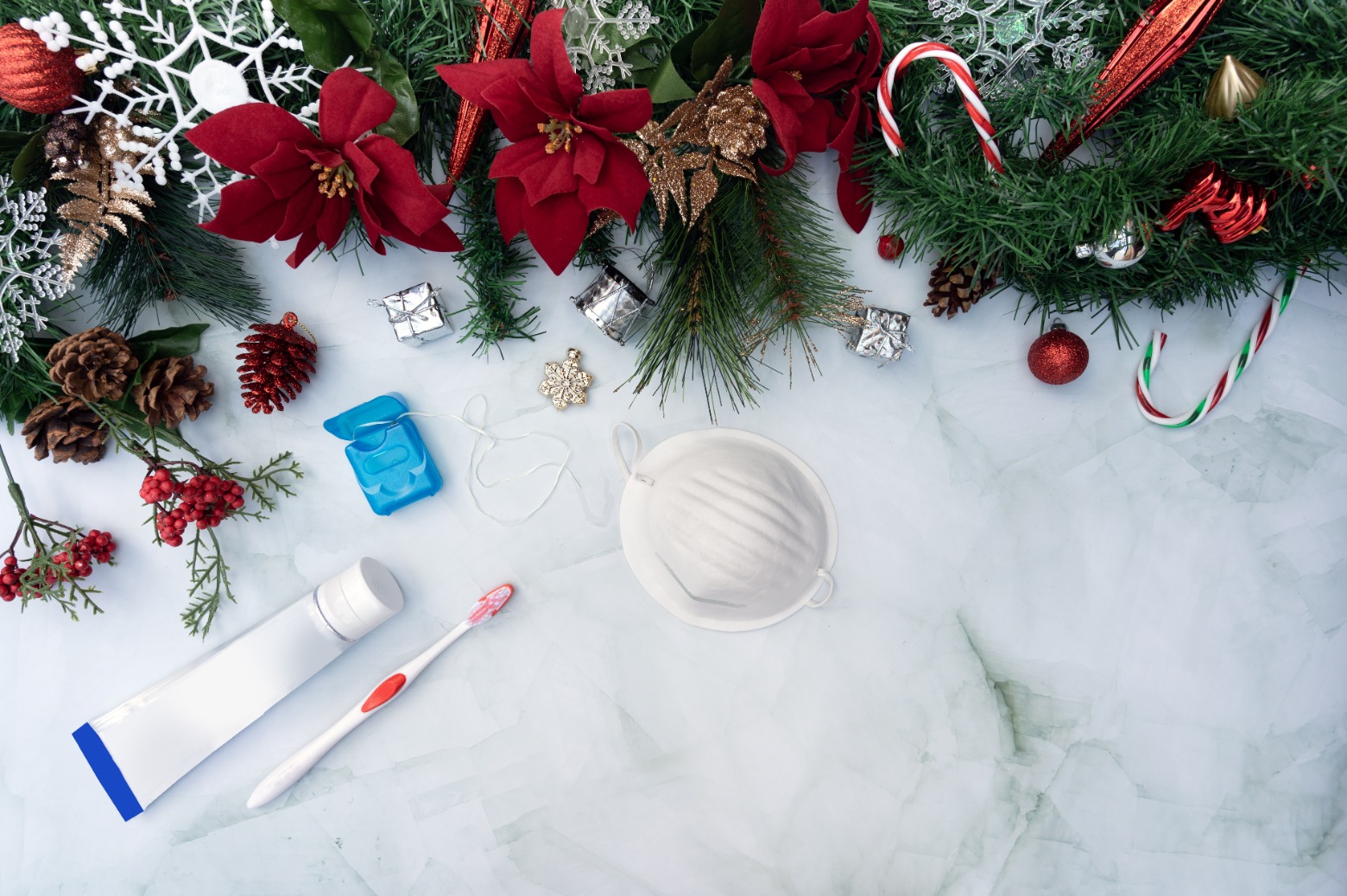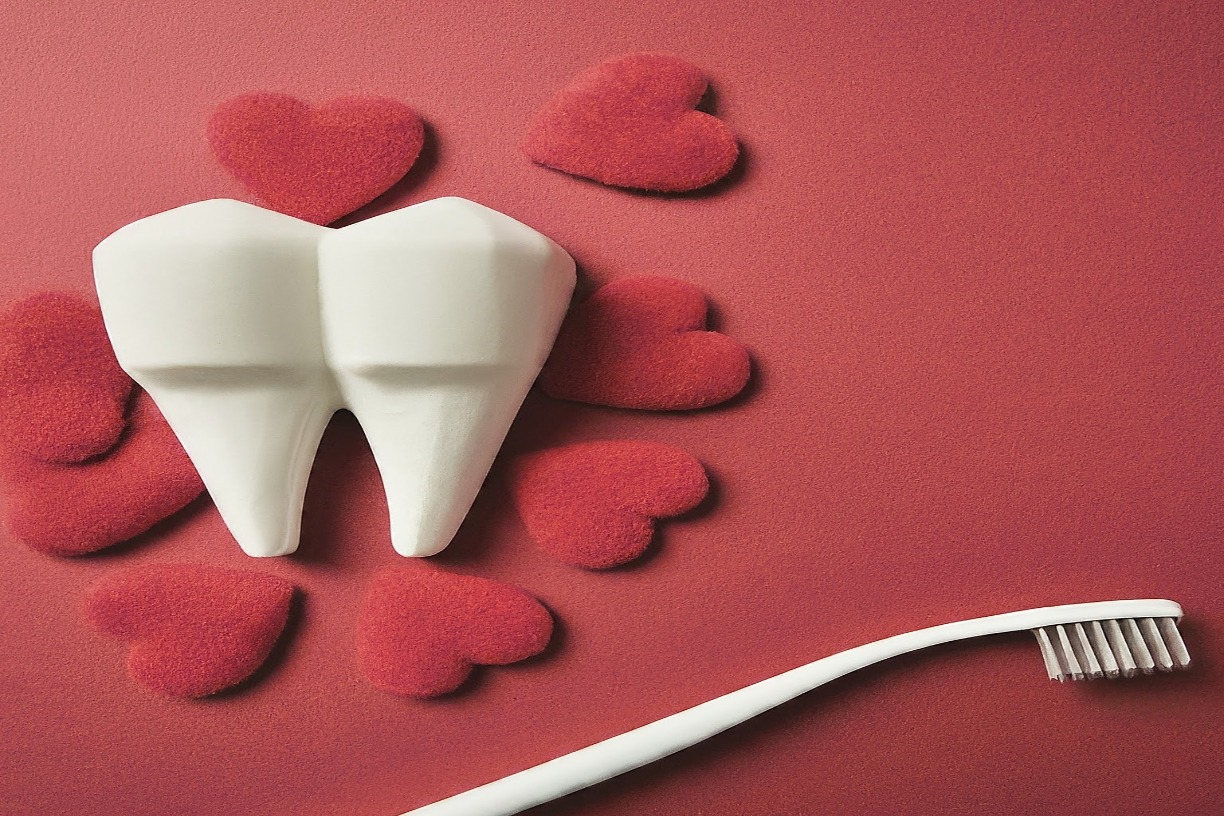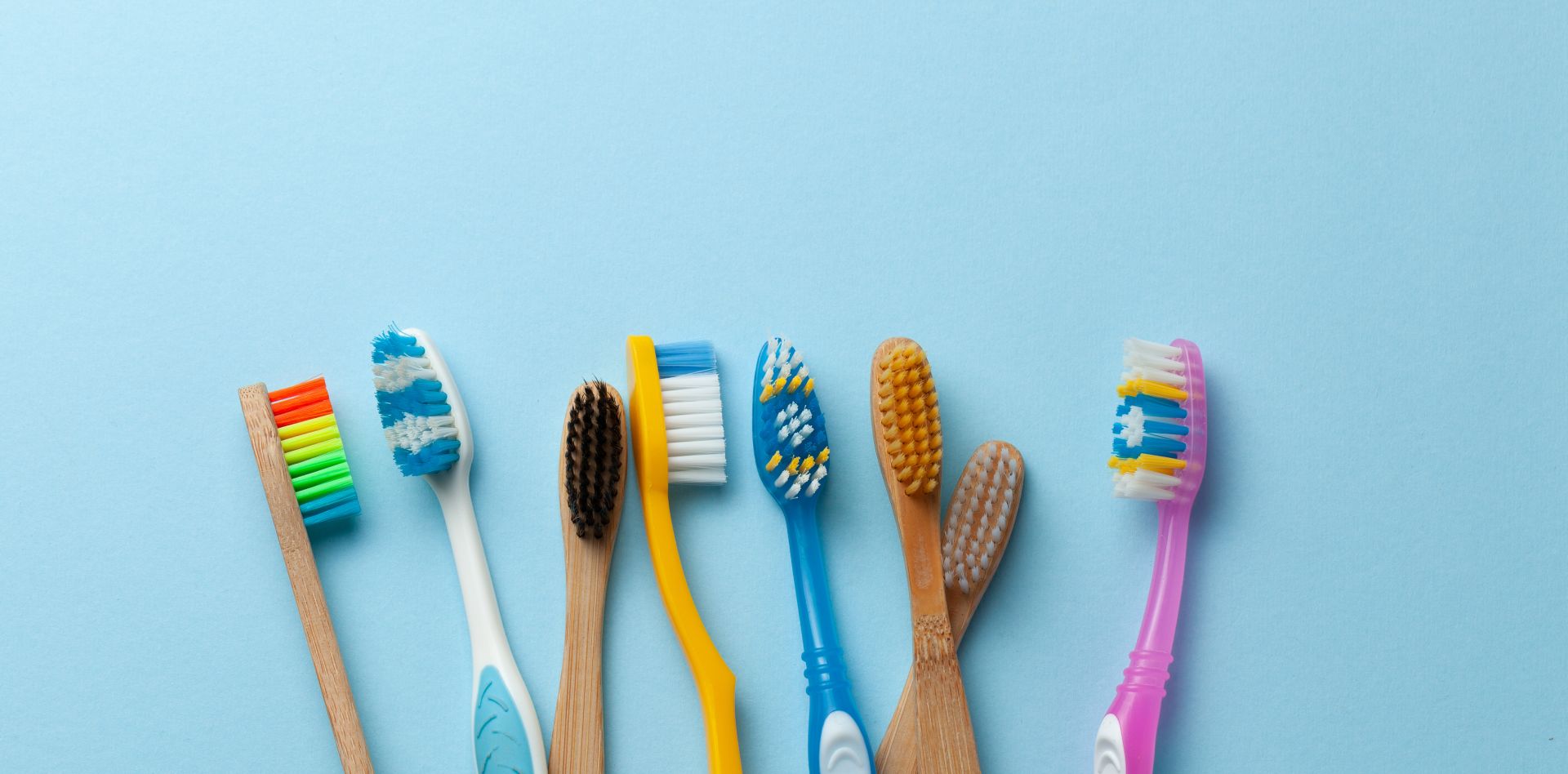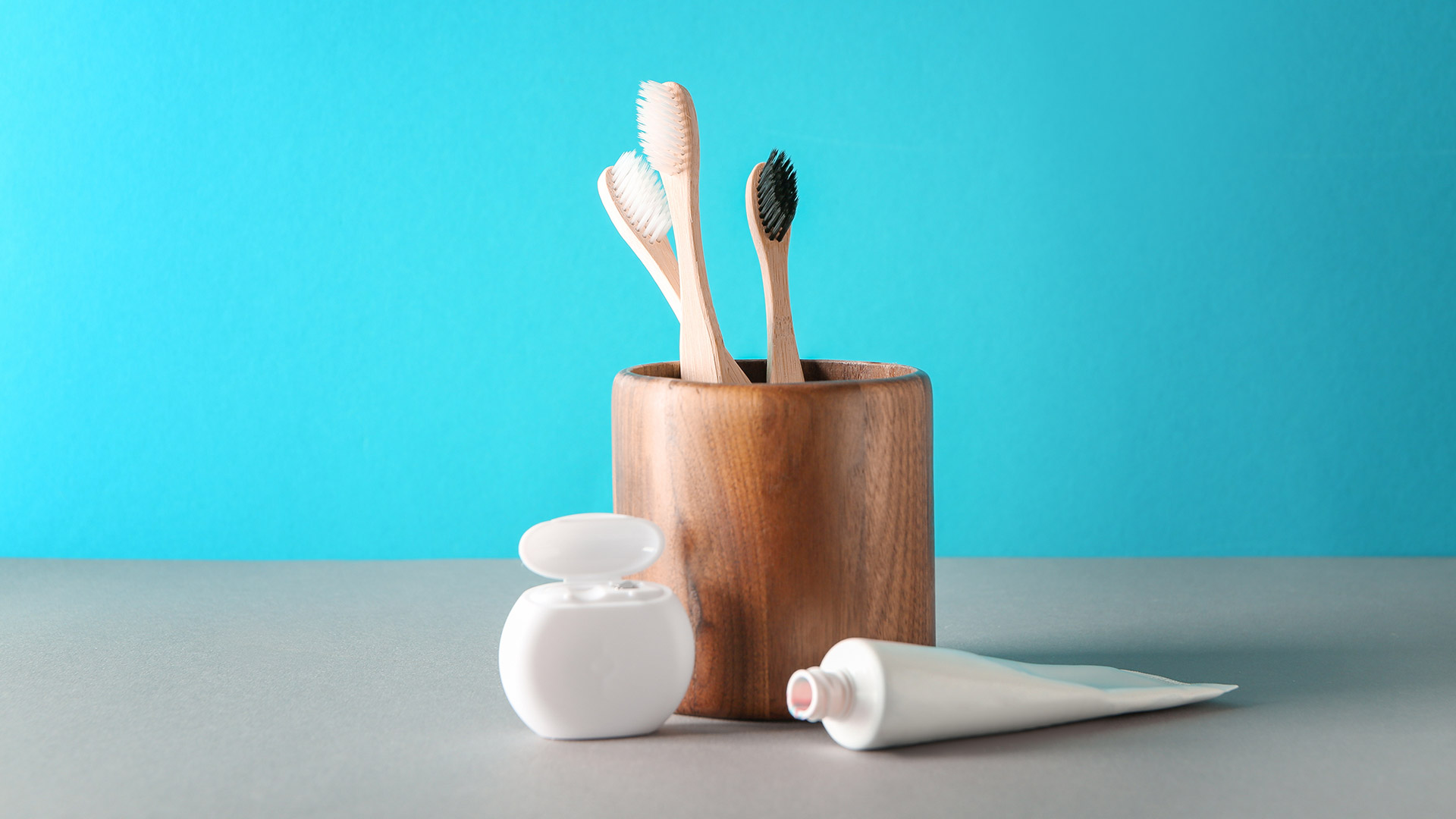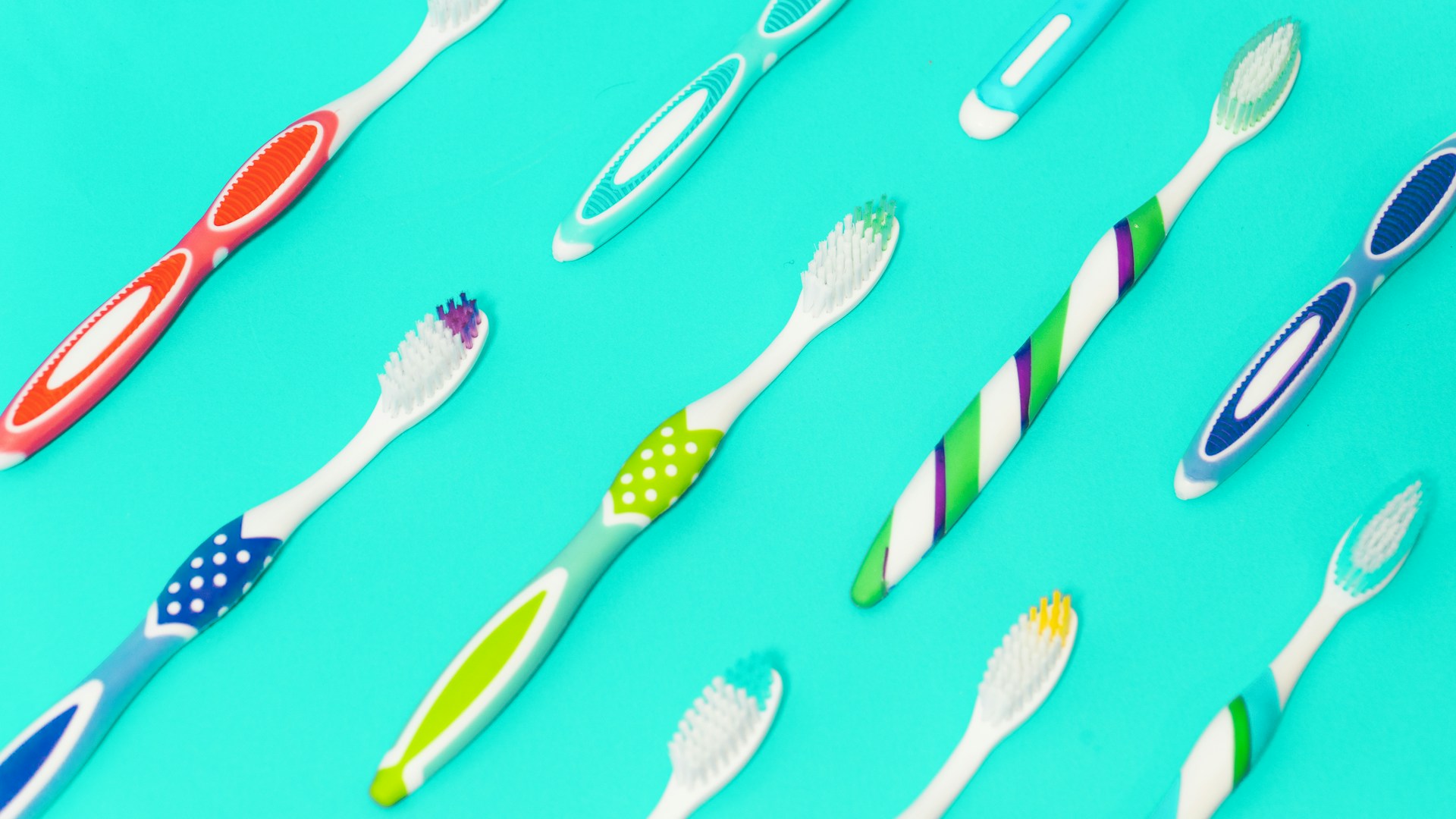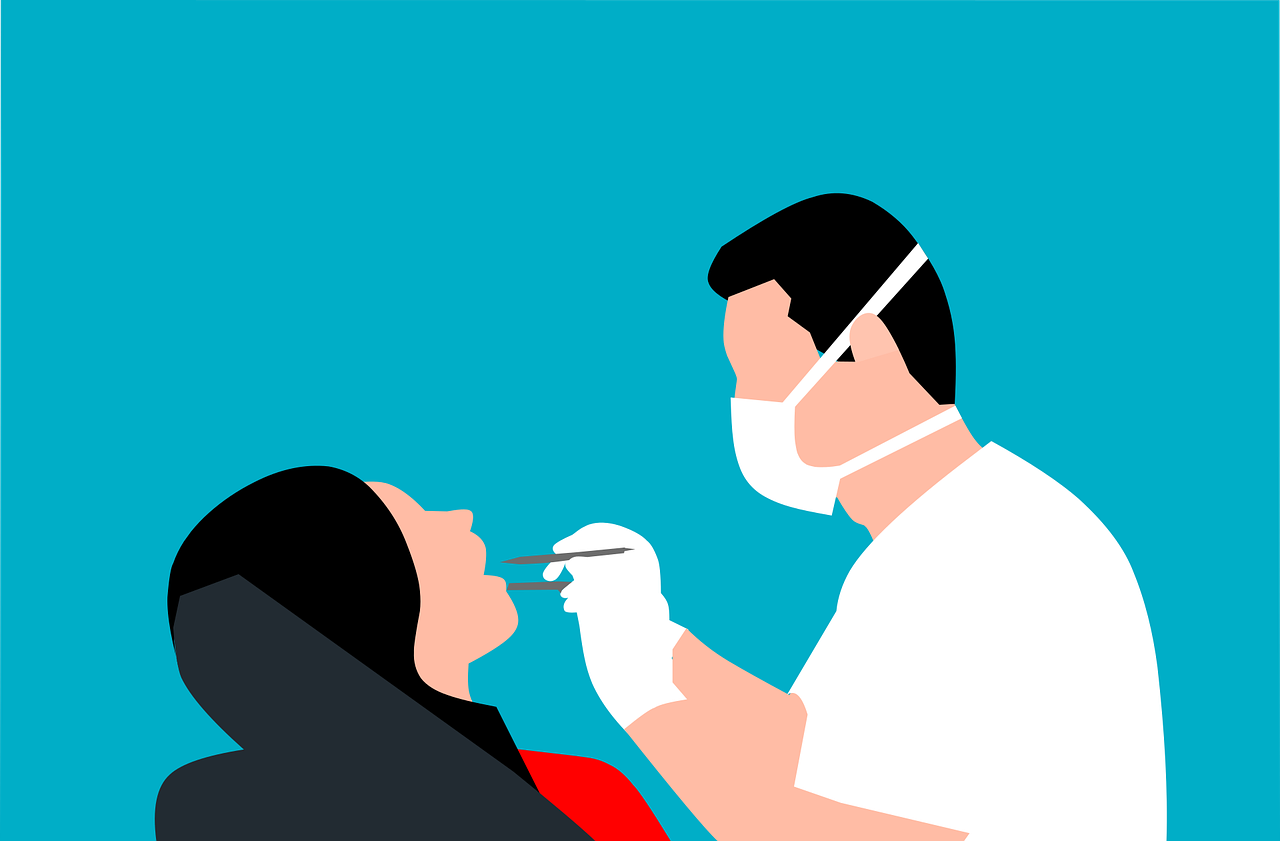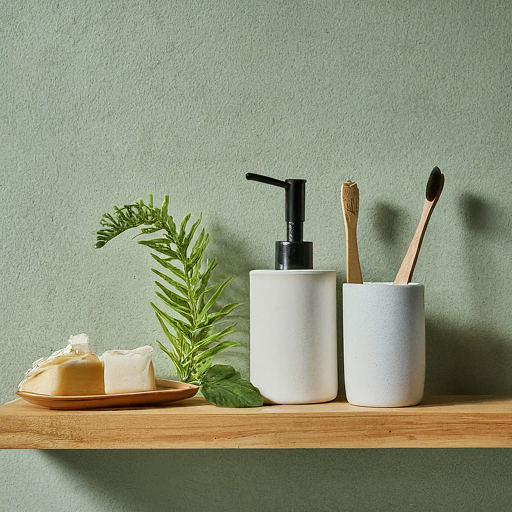Oral Hygiene
Don’t Let Bad Breath Sour Your Wonderful Holiday Experiences
Halitosis, otherwise known as bad breath, can keep you at a distance from those you long to be near. And you can have it without realizing it. From the plethora of rich, decadent holiday fare to poor oral hygiene or other dental problems, bad breath can be a big lump of coal in your metaphorical stocking. Fortunately, there are remedies for reducing halitosis to increase holiday happiness.
The Social Season
Our modern society is overwhelming. We’re over-saturated by stimuli, information, and a ceaseless bombardment of communication no matter where we’re at, what we’re doing, or the time of day. We’re more accessible to others than ever before. The irony, however, is that we’re no longer spending the same amount of hours or energy engaging in the company of actual people. Most of this happens digitally, across our smart devices or computers. The traditions and related expectations of the holidays afford us the opportunity to break free from the metaverse to forge or renew our bonds in person.
It’s in this special time of year that we gather to celebrate the holidays with friends and loved ones. It’s the newly novel season in our electronic age when social networks are filled with real people and physical interactions rather than digital dialogs with avatars. These encounters hold the promise of a more intimate experience. However, proximity can also breed insecurity. In close-up situations, we want to look our best – and smell our best.
The chilly winter months are also hot times for meeting new snuggle bunnies. According to market research from dating app providers, the period between Thanksgiving and New Year’s Eve is the busiest time of year for connecting with potential romantic partners. So whether it’s a holiday office party, a holiday celebration with friends and family, or a holiday hookup, we’re more in one another’s faces during these months than we may be most of the year.
But halitosis can hinder you from partaking in the close-knit festivities that make your holiday customs special: singing together during Las Posadas, spinning dreidels, praying with your tribe in a kiva during Soyal, rubbing elbows at the communal meal of Karamu at Kwanzaa, or even sharing a kiss under the mistletoe.
The Causes of Bad Breath
It’s not just stinky staples like garlic and onions that lead to bad breath. Beverages and foods that trigger gastrointestinal reflux can induce bad breath. They cause you to burp up or even regurgitate small amounts of food. Think of alcohol, coffee, tomatoes, and citrus.
Bacteria is one of the most predominant contributors to halitosis. Bacteria in the mouth release volatile sulfur compounds that produce the “rotten egg” smell. Improper brushing and flossing habits will allow bacteria to flourish. But dry mouth is also a culprit here. Dehydration, diseases such as Sjogren’s syndrome or diabetes, and side effects from certain medications can stanch the normal flow of saliva, which helps kill bacteria naturally.
Gum disease is more serious. It definitely causes bad breath, along with a host of other problems. Gum disease is caused by bacterial infection and takes the forms of gingivitis or periodontitis. Gingivitis is a milder and easily treatable condition, usually identified by sensitivity, pain, or bleeding in the gums. However, it also represents the beginning stages of periodontitis, which is more complex. With proper diagnosis and care, gingivitis can be reversed relatively quickly. Patients who visit a dentist and adhere to the treatment plan provided often see dramatic reductions in the condition within two to three weeks. Left untreated, gingivitis can advance to periodontitis, a more dangerous type of gum disease with farther-reaching consequences. Periodontal disease also produces the worst smelling breath, according to the Blende Dental Group’s Dr. Lindzy Goodman.
“In rare cases, bad breath can be caused by other kinds of illnesses or infections — tonsillitis, sinus or lung infections, liver cirrhosis, kidney diseases, pharyngitis or even mouth or neck cancer,” wrote Melinda Wenner Moyer in her New York Times article about curbing bad breath.
Banishing Bad Breath
So what should you do? Stick with the tried-and-true best practices in oral hygiene for starters.
- Floss. Yes, floss. Any floss is better than no floss at all. String-based flosses tend to work the best.
- Clean your teeth before breakfast, not after. The mouth becomes acidic when eating, in order to break down food. Brushing immediately after can damage your enamel.
- Brush your teeth using fluoride toothpaste twice a day for at least 2 minutes, covering all four quadrants for 30 seconds.
- Dietary habits and the presence or lack of vitamins will influence your oral health. Eating healthy foods goes far in helping the body fight or prevent infection. And limiting foods known to bolster bad breath can mitigate the likelihood of a tangy or pungent mouth.
- Hard as it may be over the holidays, try to limit your intake of acidic beverages like orange juice, along with too much coffee, alcohol, and carbonated beverages.
- Choose an alkaline mouthwash and rinse after waking. This will restore the pH of the mouth and loosen any plaque or particles that have accumulated during sleep.
- Always clean your tongue with the brush or a scraper made for that purpose.
- Use toothpaste from a reputable brand that’s safe, effective, and bears the ADA seal of approval.
For gum disease, you may also want to incorporate these suggestions:
- Saltwater rinses performed two to three times daily can help heal the gum tissues inflamed by gingivitis while reducing the presence of harmful bacteria or food particles lodged between the teeth. Add a ½ teaspoon of salt to a small glass of warm water and mix. Swish the solution around your mouth for 30 seconds, spit, and then brush your teeth.
- Over-the-counter antibacterial mouthwashes are available and can help, but we always advise that you consult with your dentist for their recommendations.
- Check for any warning signs such bleeding, soreness, persistent bad breath, or a sour taste in your mouth. If you notice any of these symptoms, it’s time to visit the dentist.
Of course, there is no more sure-fire solution than visiting the dentist. Be sure to schedule routine dental appointments and cleanings at least every 6 months. And with the holidays coming up, now is the best time to get in front of bad breath issues – before you get in front of your loved ones at a seasonal gathering.
“Studies on the prevalence of bad breath are hard to come by, but research has estimated that up to half of all Americans have been concerned by the smell of their breath over the course of their lives,” Moyer noted. And this isn’t a trivial point.
People may not readily associate good oral health with physical and mental wellbeing, but the connection is undeniable. The simple joys of eating a cherished meal or being able to speak without complication are crucial aspects of interaction, socialization, engagement, and happiness.
We at the Blende Dental Group are committed to ensuring that our patients receive the utmost care, whether they visit our offices, require home visits, or need special care because of special needs. There are no patients and no conditions we can’t treat. In the spirit of season, we encourage anyone who’s put off regular oral care – for any reason – to contact us for a consultation. If you’re already a patient, make an appointment today before your holiday calendar gets packed with festivities. If you’re thinking about becoming a patient, now is the time.
Fill your holidays with joy. A fresh smile and a happy mouth are the best gifts to give yourself this time of year, when closeness and new beginnings define so much of the season.
Let's brighten
that smile
The when and where are up to you.
